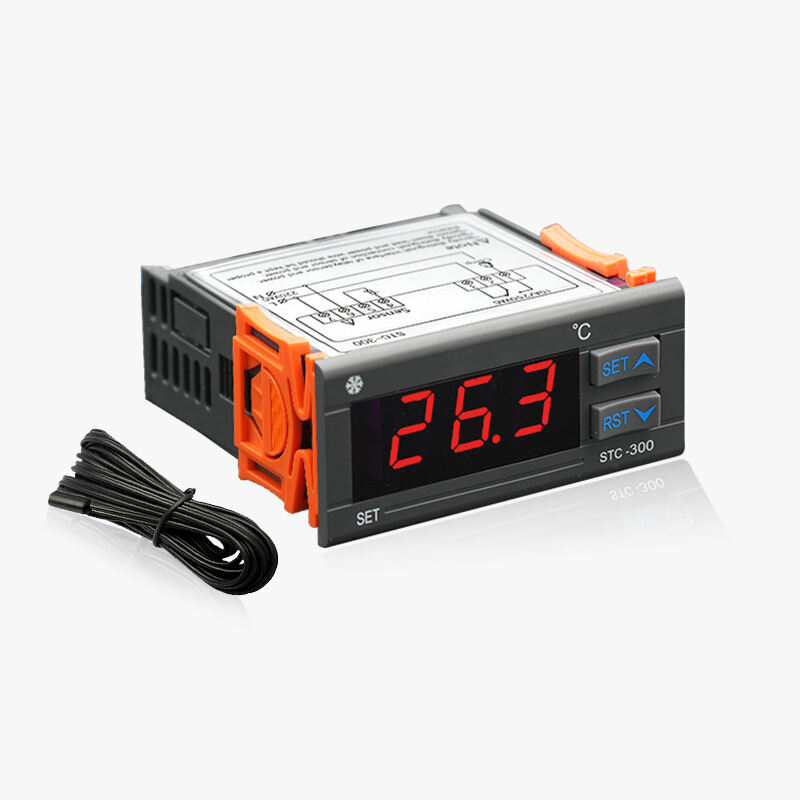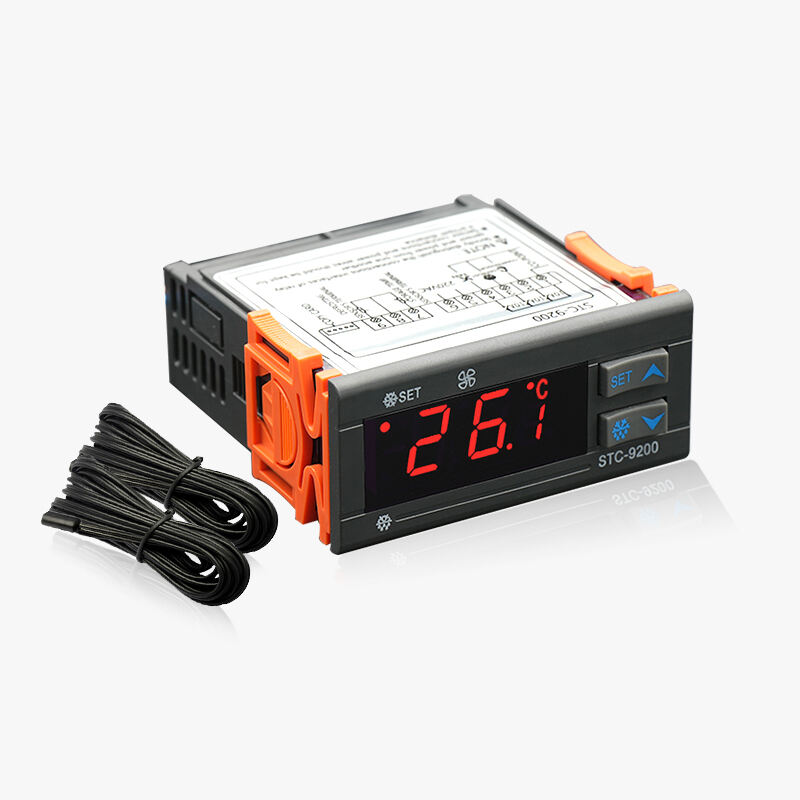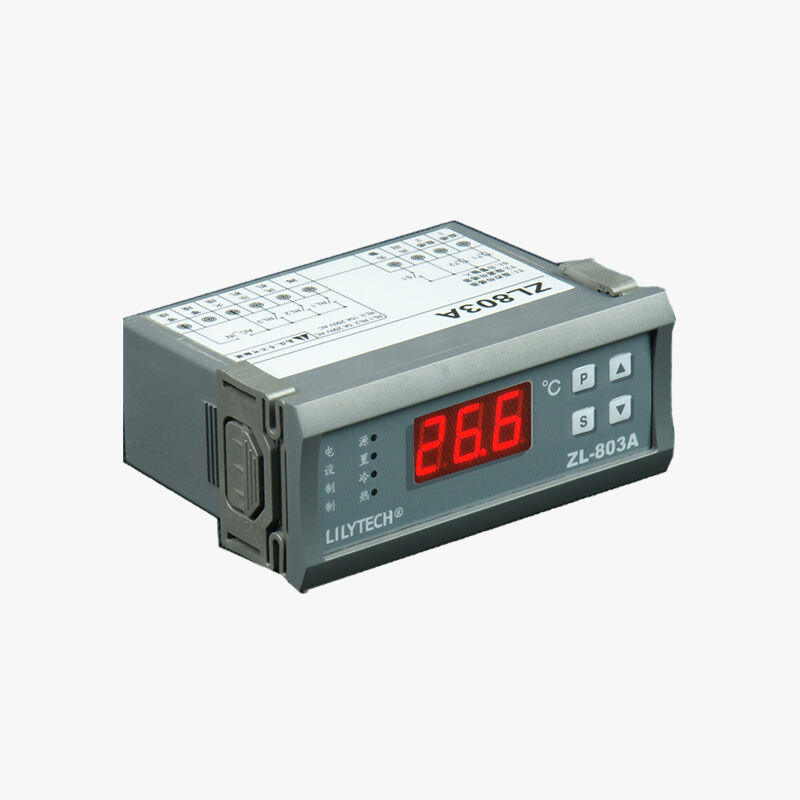Advanced Temperature Sensing Technology
Modern refrigerator temperature control manufacturers excel in developing and implementing advanced temperature sensing technology that revolutionizes how cooling systems maintain optimal conditions. Their sensors utilize precision thermistors and digital temperature monitoring systems that provide accuracy within 0.1 degrees Celsius. This exceptional precision ensures that sensitive items remain at exactly the right temperature, crucial for both domestic food storage and commercial applications like pharmaceutical storage. The technology incorporates rapid response mechanisms that detect even slight temperature variations, allowing the system to make immediate adjustments to maintain the desired temperature range. These advanced sensors are also designed with durability in mind, featuring corrosion-resistant materials and robust construction that ensures reliable operation over many years of continuous use.







